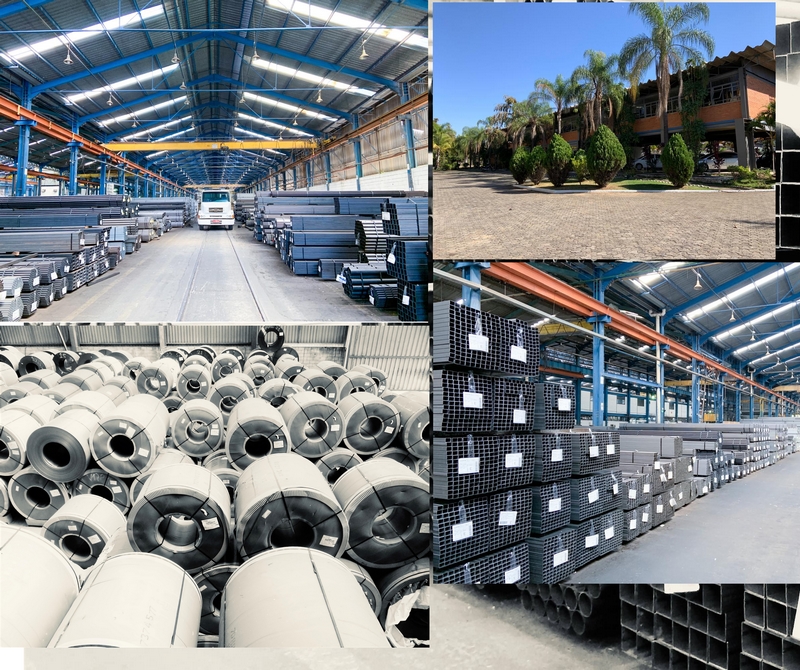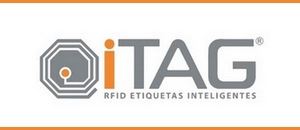Franco Motta
Tubonal, steel tubes industry for the civil construction, automobile and distribution sectors in general, based in Belo Horizonte (MG), became a pioneer in the production of seamless steel tubes and, in its more than 50 years of operation, is recognized in the market for its expertise in the production of materials of different formats and special applications. With an innovative profile, the company invested in the radio frequency identification (RFID) technology of iTAG Etiquetas Inteligentes, to obtain total traceability of materials in stock, precision in the control of stored products and agility in inventories.
According to Victor Abreu, Tubonal’s planning and control executive, the company’s inventory has always presented great challenges, due to the fact that the products do not allow a standardized allocation in the warehouses. “The materials produced and the quantities are very variable, not allowing a specific place to be allocated for the storage of each material”, says Abreu. “As a result, the formation of loads and shipping of materials was hampered [before RFID], in addition to having several holes in the stock”.

After the implantation of the iTAG system, the reading started to be made with two Bluebird RFID collectors that remain with the operators, in the assembly of loads, where each item that leaves the stock is read. “We didn’t have many difficulties to implement the project”, celebrates Abreu. “The only difficulty we are having at the moment is that we are expanding control via RFID to other materials, where the level of instruction of operators in the area is a little lower [which requires special training]”.
With the success of the implementation, Abreu plans to expand investment in technology. “We are expanding RFID control for raw materials. At the moment, we only control finished products ”, he explains. Despite the strategic vision offered by the solution, the RFID system was not integrated into the company’s ERP. Thus, the database is hosted locally, on the company’s website.
Briefly, the RFID process works as follows, according to Abreu. “Each bundle of material produced is identified with an RFID tag and automatically enters our stock and system. The material only comes out of stock when the person responsible for assembling the loads and shipping issues the items. To search for lost materials in stock, we use the tag tracker. The inventories use the collectors instead of the old hand filling”.
For Abreu, the implementation of RFID met the company’s expectations. “The measurable gain to date is in the agility of the general inventory of the stock. What used to take around a full day of work, in a nine-hour shift, today we can do it in approximately 40 minutes ”. And he praised iTAG: “we are satisfied with the support that the supplier company provides us. They are always available when we need them. So far, we have had no problems”.
Deploying RFID was a positive experience at the company, according to Abreu. “The biggest challenge is the fact of adopting a technology different from the usual in our traditional process, but our employees welcomed the novelty”.



















